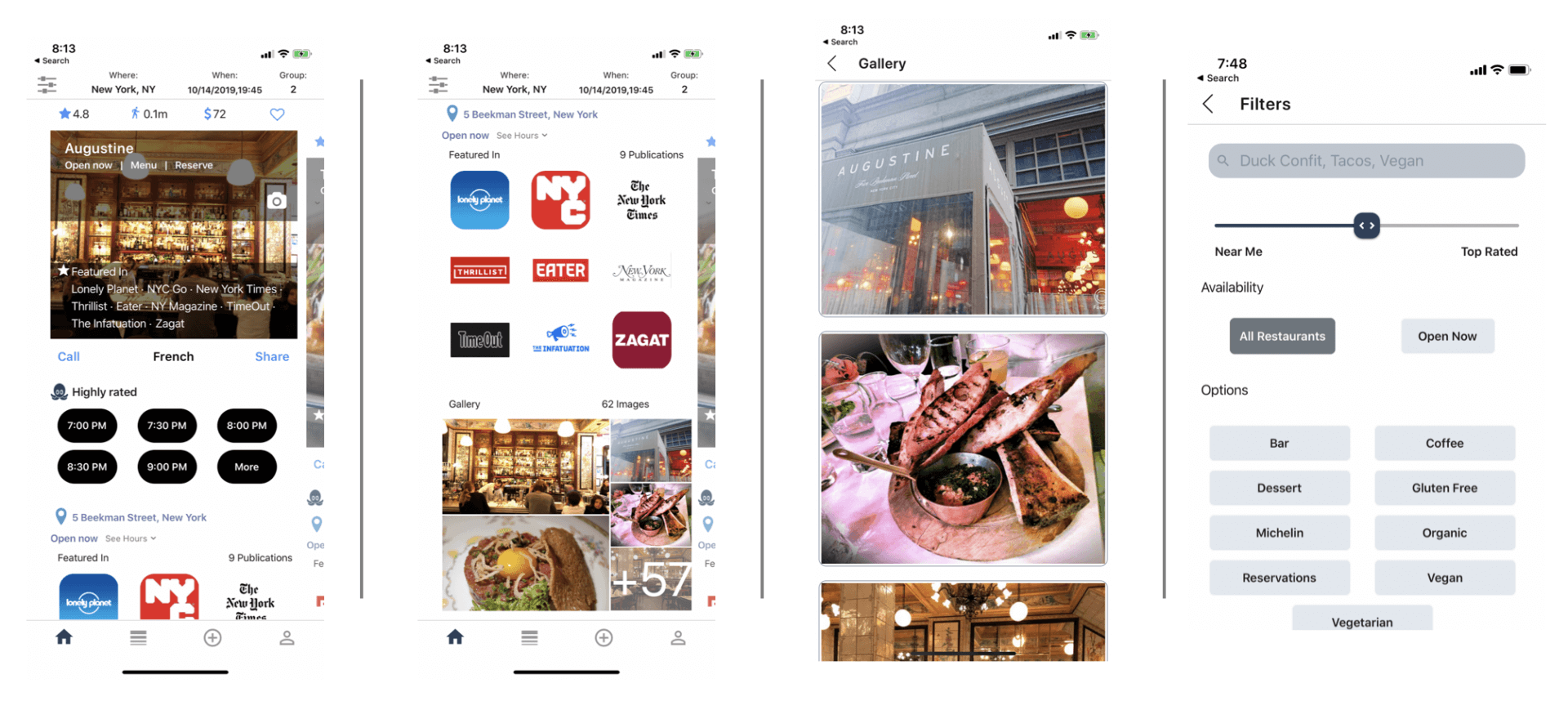You can think of Tobiko as a kind of anti-Yelp. Launched in 2018 by Rich Skrenta, the restaurant app relies on data and expert reviews (rather than user reviews) to deliver a kind of curated, foodie-insider experience.
A new Rich Skrenta project. Skrenta is a search veteran with several startups behind him. He was one of the founders of DMOZ, a pioneering web directory that was widely used. Most recently Skrenta was the CEO of human-aided search engine Blekko, whose technology was sold to IBM Watson in roughly 2015.
At the highest level, both DMOZ and Blekko sought to combine human editors and search technology. Tobiko is similar; it uses machine learning, crawling and third-party editorial content to offer restaurant recommendations.

Betting on expert opinion. Tobiko is also seeking to build a community, and user input will likely factor into recommendations at some point. However, what’s interesting is that Skrenta has shunned user reviews in favor of “trusted expert reviews” (read: critics).
Those expert reviews are represented by a range of publisher logos on profile pages that, when clicked, take the user to reviews or articles about the particular restaurant on those sites. Where available, users can also book reservations. And the app can be personalized by engaging a menu of preferences. (Yelp recently launched broad, site-wide personalization itself.)
While Skrenta is taking something of a philosophical stand in avoiding user reviews, his approach also made the app easier to launch because expert content on third-party sites already existed. Community content takes much longer to reach critical mass. However, Tobiko also could have presented or “summarized” user reviews from third-party sites as Google does in knowledge panels, with TripAdvisor or Facebook for example.
Tobiko is free and currently appears to have no ads. The company also offers a subscription-based option that has additional features.
Why we should care. It’s too early to tell whether Tobiko will succeed, but it provocatively bucks conventional wisdom about the importance of user reviews in the restaurant vertical (although reading lots of expert reviews can be burdensome). As they have gained importance, reviews have become somewhat less reliable, with review fraud on the rise. Last month, Google disclosed an algorithm change that has resulted in a sharp decrease in rich review results showing in Search.
Putting aside gamesmanship and fraud, reviews have brought transparency to online shopping but can also make purchase decisions more time-consuming. It would be inaccurate to say there’s widespread “review fatigue,” but there’s anecdotal evidence supporting the simplicity of expert reviews in some cases. Influencer marketing can be seen as an interesting hybrid between user and expert reviews, though it’s also susceptible to manipulation.